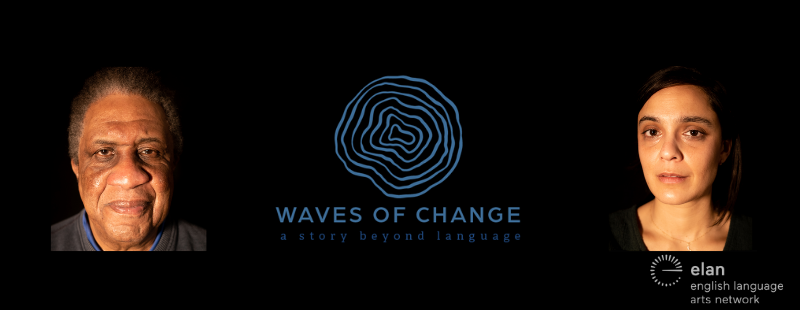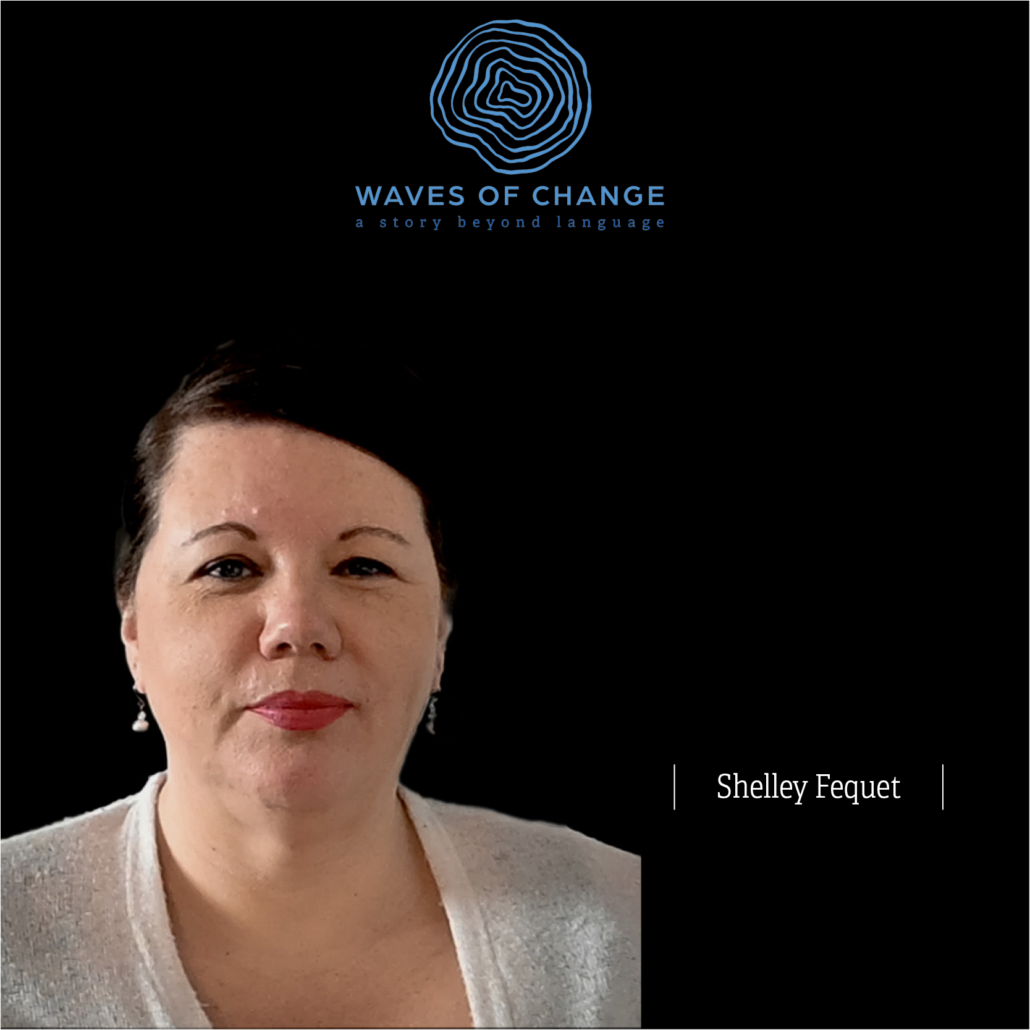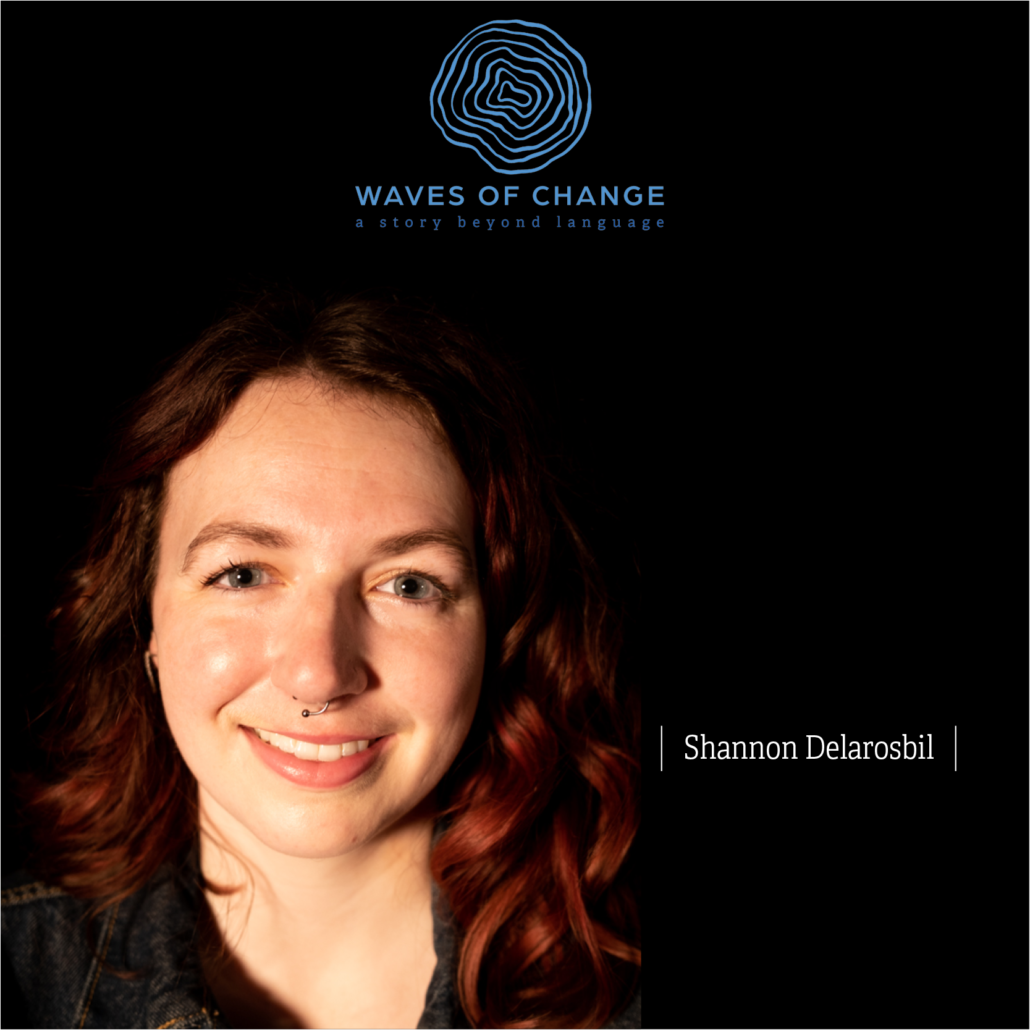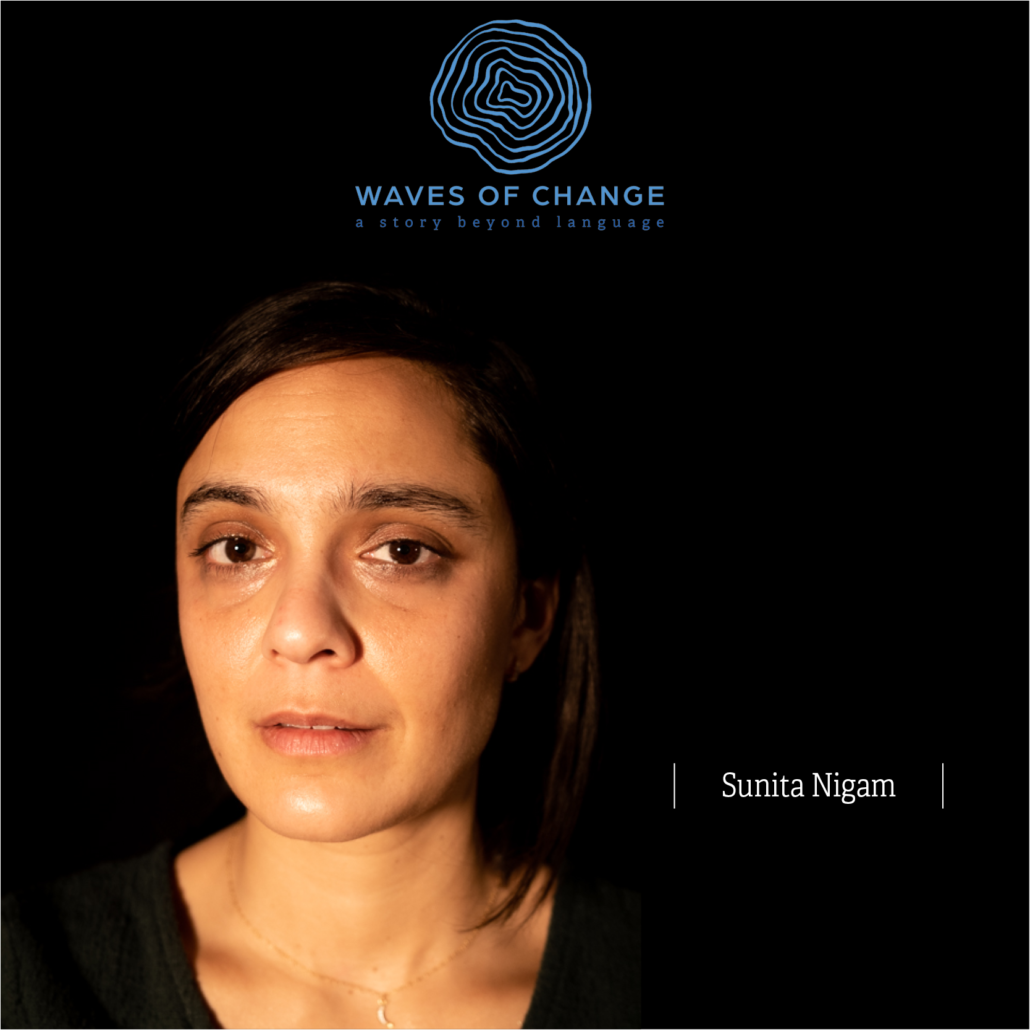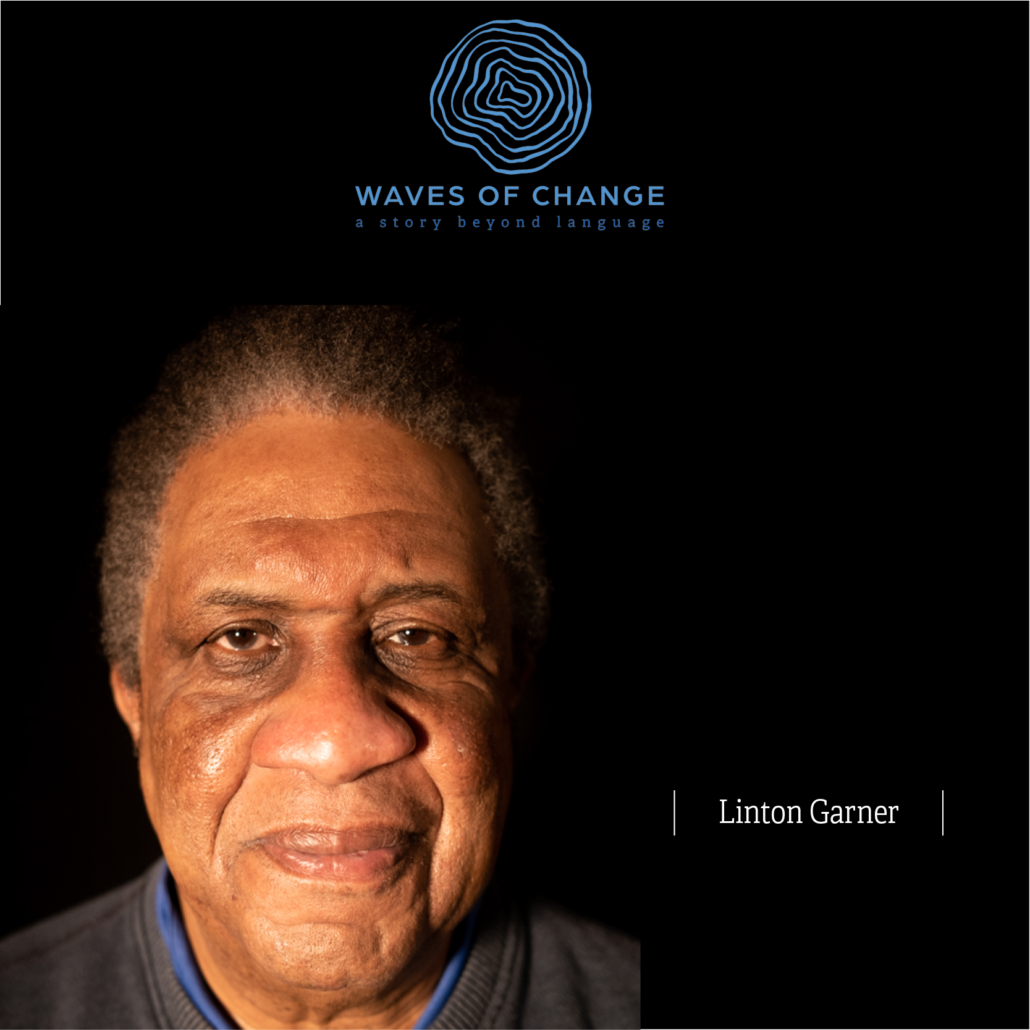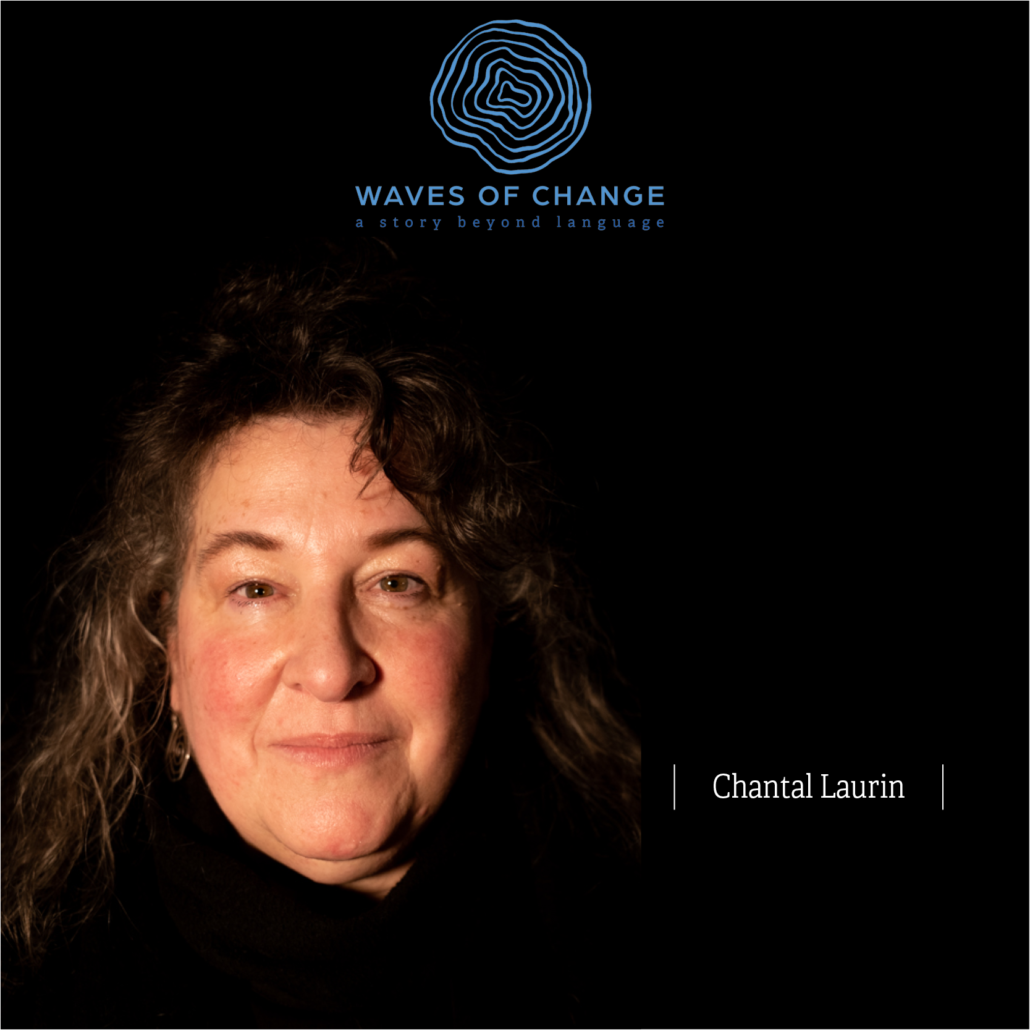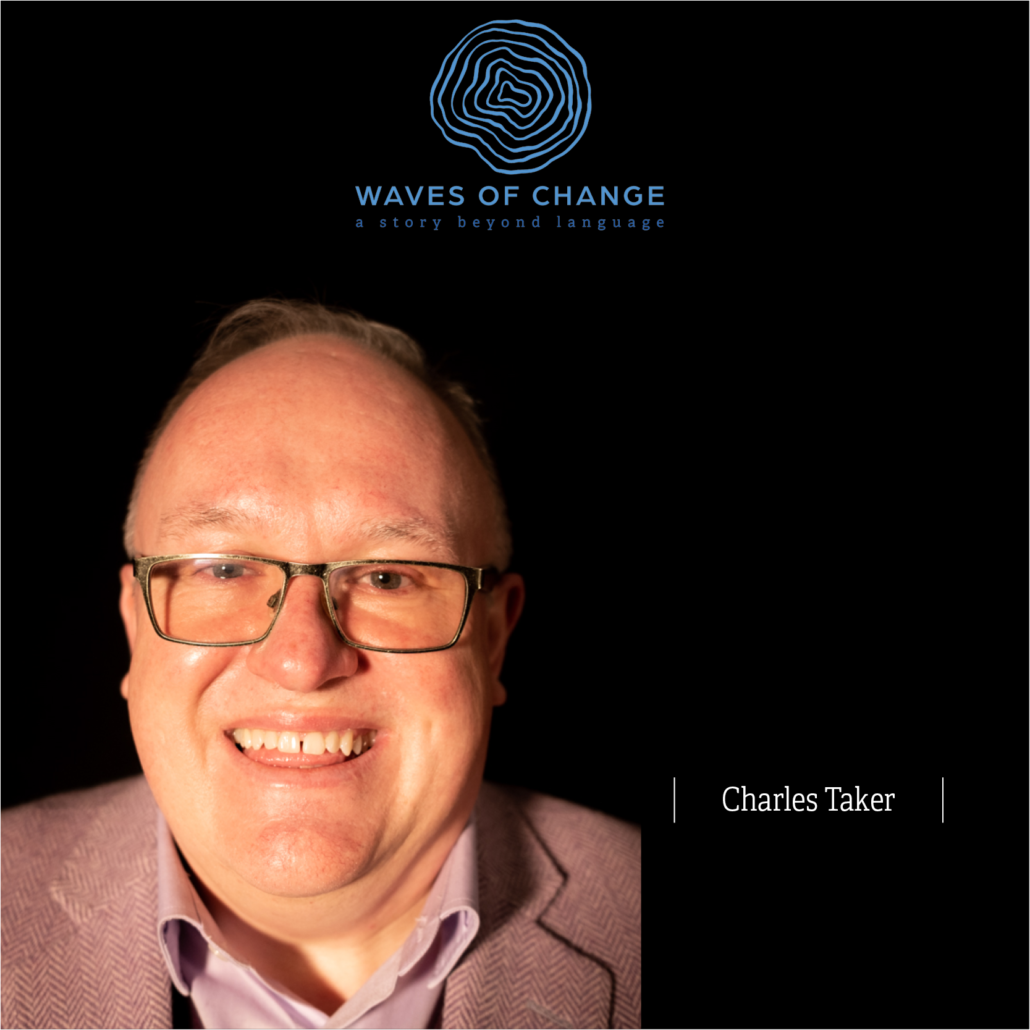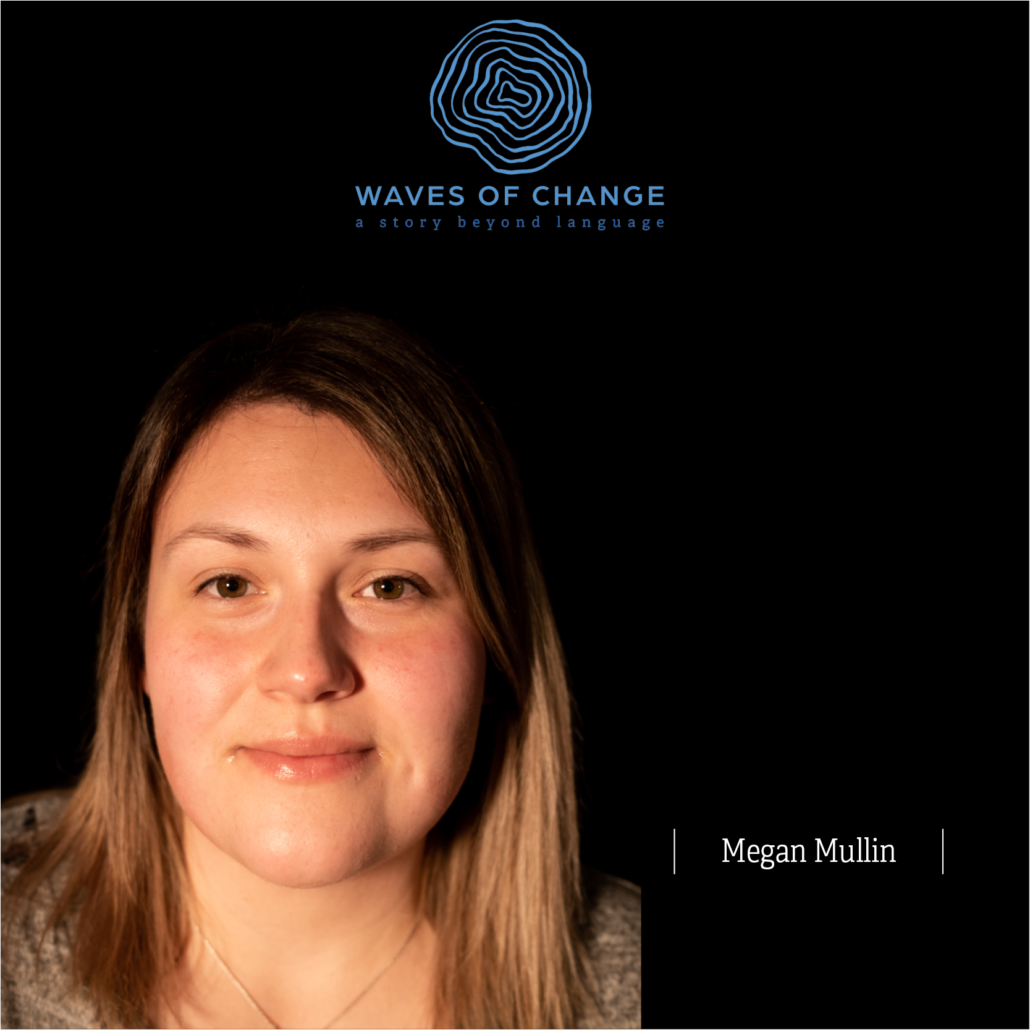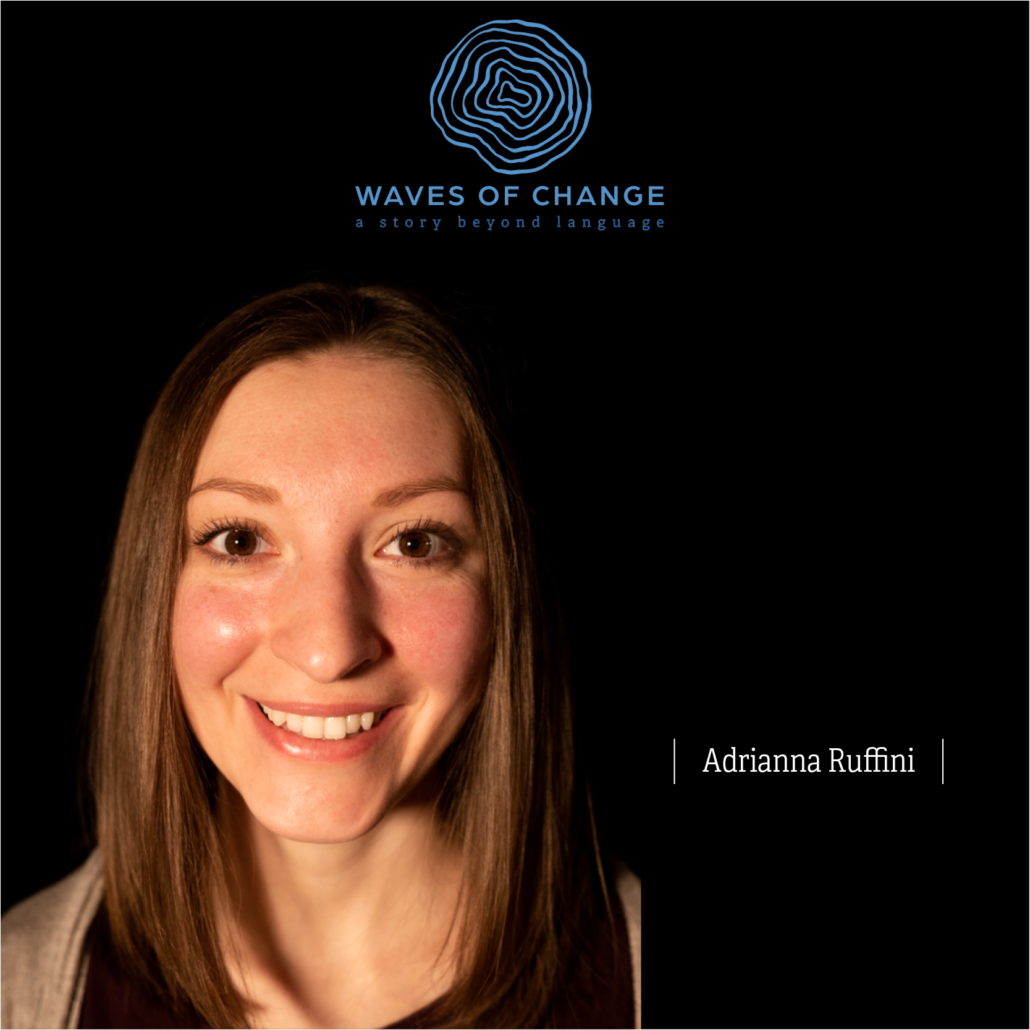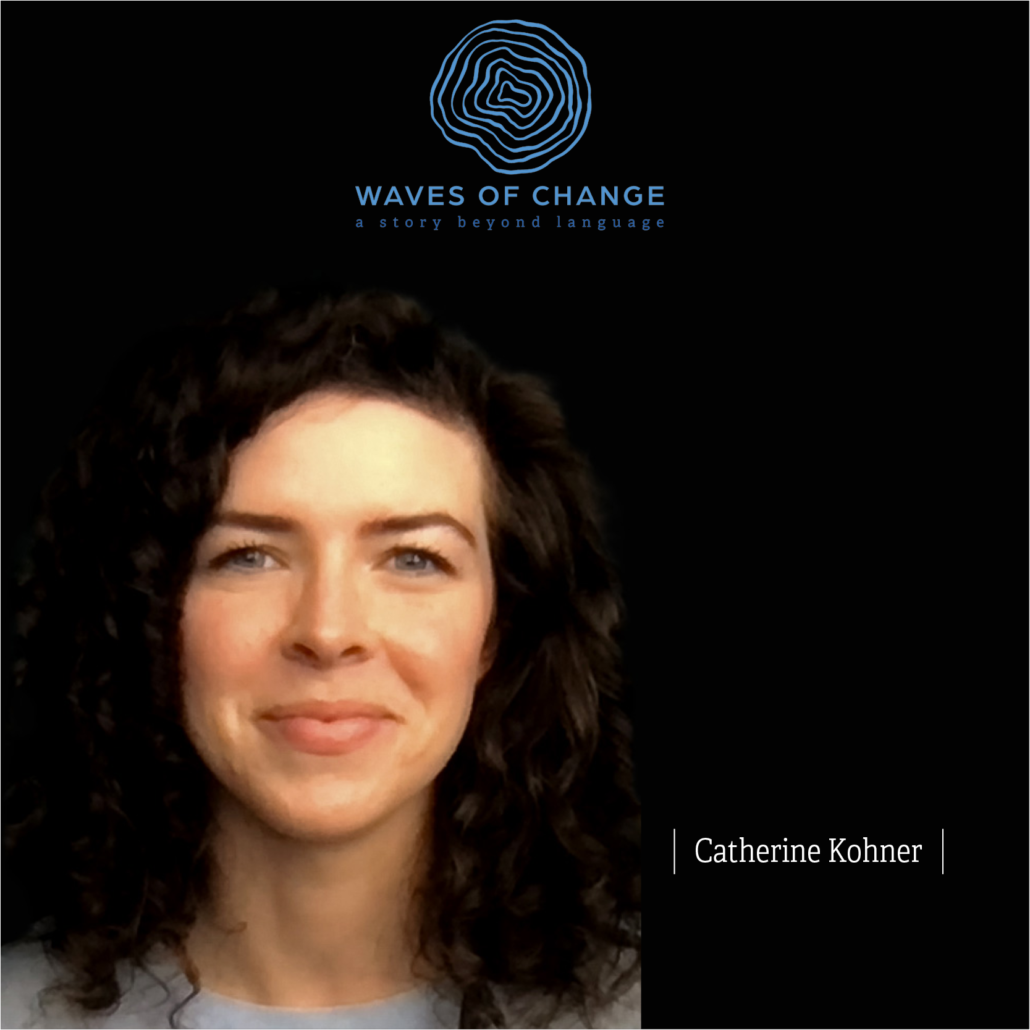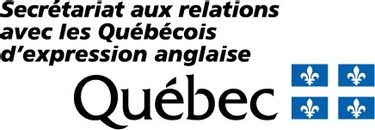Episode 6 completes ELAN’s Waves of Change project with a regional perspective that features 10 engaging personalities from the Eastern Townships, Lanaudière, Outaouais, Megantic County, Baie Comeau, Abitibi-Temiscamingue, Gaspé, Magdalen Islands and the Lower North Shore. This group shares experiences from English-speaking communities that live in dramatically different circumstances from one another and from the metropolis of Montreal.
The Sixth Wave: You Just Have to Find Them!
Photo stills and video by Youssef Shoufan
Episode 6 – You Just Have to Find Them!
“When I travel to Quebec City for meetings, we have to leave the day before because it takes us all day to travel. The air flight alone could be $2,500 and that’s not counting the hotels and the meals. And for a day meeting, it’ll take us three days for a one day meeting.”
– Shelley Fequet
“In the Gaspé,the nearest hospital is about an hour from where my parents live, and even there the services are quite limited. If someone has to go out and stay in Quebec City for an extended period of time for a medical issue, their family is eight hours away.”
– Shannon Delarosbil
“My family started, and still runs, the first Indian restaurant in the Eastern townships. The staff they have hired has been a really interesting microcosm, a collection of French-speakers, English-speakers, people from Afghanistan, people from Nepal, and people who speak some Indian languages and not others.”
– Sunita Nigam
“Since 2006, there’s been a 32% increase in the English-speaking population of the Gatineau-Ottawa area, which has the third largest black community in the country. So attitudes are being forced to change with the influx of new people. I think there’s an acceptance, but we do have racial incidents here and there.”
– Linton Garner
“My grandmother moved to Montreal from the United States in the 1920s. She married a French Canadian and learned to speak French, but between themselves, when they didn’t want the kids to understand, they spoke English. So my ear got used to it. From a very young age we watched English TV and it was normal to hear both languages.”
– Chantal Laurin
“My parents were both Anglophone and a great number of my generation were the same thing. It was rare that you would have a parent from the French community, but a generation later it all completely changed. For example, my sister’s family, even though we grew up in English, her family basically lives in French.”
– Charles Taker
“Growing up in the nineties, it wasn’t always amazing to come from an Anglophone family that do not speak French. I realized quickly in high school that if I wanted any success in the province, I’m really going to have to study French. And I ended up getting a job working with the public where I speak French every day, but it was always an embarrassment to have that English accent.”
– Megan Mullin
“It was really hard growing up in Rouyn-Noranda as an Anglophone and going to an English school. Some of my French friends didn’t even know there was an English school. And then I was pegged as that English girl, which is why I knew the accent had to be gone right away.”
– Adrianna Ruffini
“In Baie Comeau, I wouldn’t say that there are two communities. A lot of the French population doesn’t even know that there is an English community. They are aware of the history of the town, that it was founded and it was super English in the beginning, but nowadays you can say. ‘I went to the English school’ and they’ll be like,’ Oh, really? There’s an English school in town?’”
– Catherine Kohner
“I’m starting to realize how much the old English names are starting to disappear. Even in my mom’s generation, the traditional English names for some of the hills or the lakes or the rivers were gone. I also think it’s important to figure out what the local Indigenous people called those hills and lakes and rivers.”
– Madeleine Lawler
Project Manager: Guy Rex Rodgers
guyrodgers@quebec-elan.org
A graduate of the playwriting program at the National Theatre School of Canada, Guy Rex Rodgers has worked in film and television, and specialized in writing large-scale multimedia productions for museums and special events across Canada, as well as the US, Europe and the Middle East.
He has also worked in television, interviewing artists for the Montreal International Jazz Festival and writing TV specials.
He recently wrote a pictorial history book for Montreal’s Welcome Hall Mission to commemorate their 125th anniversary. He is also a musician and has recently performed in several editions of Tim Brady’s symphonies for 100 guitarists. In 2015 he was appointed to l’Ordre des arts et des lettres du Québec.
A long-time arts activist, Guy Rex Rodgers was co-founder of the Quebec Drama Federation (QDF) and the Quebec Writers’ Federation (QWF), was a member of the founding board of le Conseil des arts et des lettres du Québec (CALQ), and was Executive Director of the English-Language Arts Network from its inception in 2004 until 2021.
Project Coordinator: Betty Esperanza
See full bio here
betty@quebec-elan.org
Videographer: Youssef Shoufan
See full bio here

